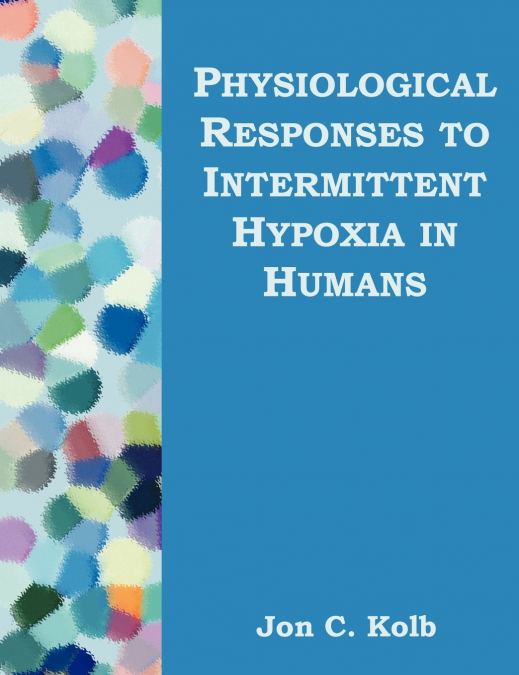
 Librería 7artes
Librería 7artes
 Donde los libros
Donde los libros
 Librería Elías (Asturias)
Librería Elías (Asturias)
 Librería Kolima (Madrid)
Librería Kolima (Madrid)
 Librería Proteo (Málaga)
Librería Proteo (Málaga)
Recently, endurance athletes and high altitude climbers have gained access to commercially available, portable normobaric hypoxic chambers. Intermittent exposures to hypoxia in these chambers may elicit adaptations similar to those observed during acclimatization to altitude. Manufactures of these systems purport that intermittent exposures may elicit adaptations similar to those observed in response to the hypoxia of high altitude, however there have been no reports in the scientific literature that ventilatory acclimatization or alterations in cerebrovascular dynamics occur following repeated episodes in the portable chambers.The main conclusions are that an intermittent normobaric hypoxic intervention, consisting of five consecutive overnight exposures to a simulated altitude of 4300m, elicits perturbations in the acute cerebrovascular and ventilatory responses to both hypoxia and hypercapnia, which are similar to changes following chronic altitude exposure. Individual variability to intermittent hypoxia may have an impact on the rate at which the process of acclimatization proceeds. The extent of physiological and symptomatic responses to intermittent hypoxia are likely to be associated with the severity of hypoxia as well as the length and number of recurrent episodes of hypoxia.